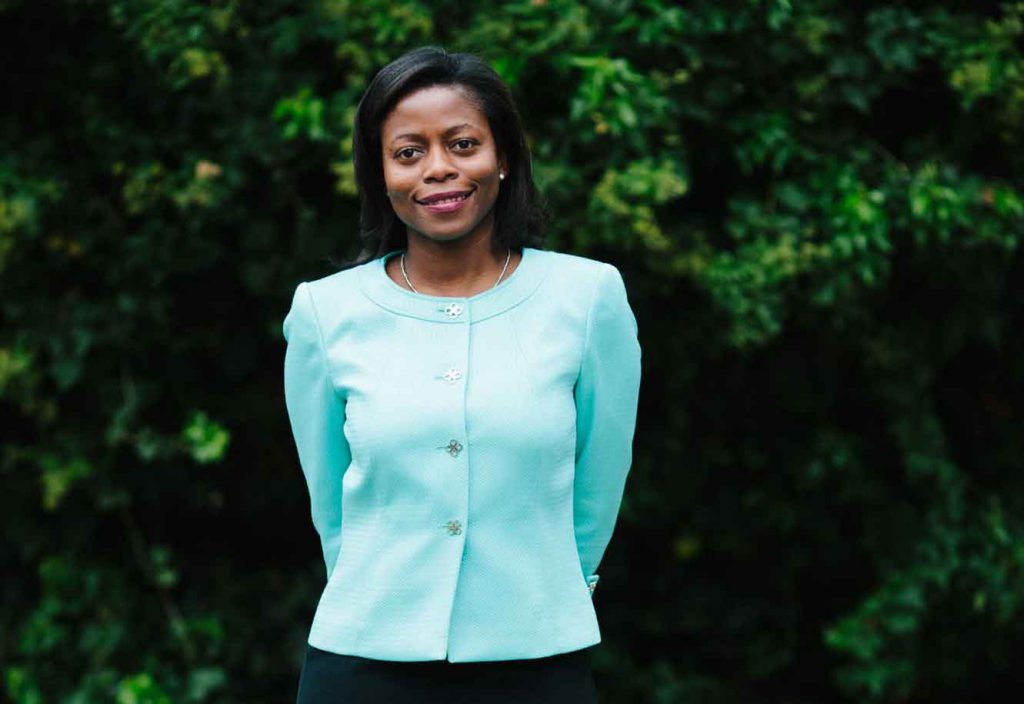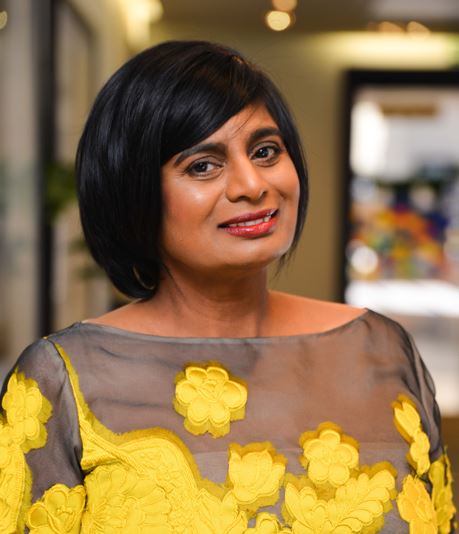Business Day 25 Years of Democracy
Closing The Gender Gap?
Earlier this year, Tamara Mathebula, the acting chairperson of the Commission for Gender Equality was quoted in an interview for City Press that even with compliance as a driver, we see poor representation all round for women. “In respect of the legislative environment, the existence and translation of laws and policies to address all aspects of women empowerment and how far these are implemented, we see limited results so far,” Mathebula said.

Phindile Yende-Llale, the deputy president of the African Women’s Movement, agrees with Mathebula and adds: “Government is not doing enough to promote gender equality and increase women’s participation in the economy. Although government has produced pro-women policies, it has failed in implementing these policies. We must learn from other countries such as Rwanda, which have succeeded in closing the gender gap,” says Yende-Llale.
The 18th Commission for Employment Equity (CEE) Annual Report 2018 found that black women, who comprise 41.3 per cent of the economically active population, accounted for 7.9 per cent of people in top management in the private sector, 12.3 per cent of people in senior management and 20.6 per cent of people in middle management in 2017. There were 5.1 million unemployed women, using the expanded definition, according to Statistics South Africa’s latest labour force survey for October to December 2018. Women accounted for 52.2 per cent of the total of 9.7 million unemployed people.
The 2018 World Economic Forum Global Gender Gap report monitors 149 countries’ progress towards achieving gender equality in the economic, political, education and health spheres.
It found that countries in sub-Saharan Africa will take an average of 135 years to bridge the gender gap. Rwanda and Namibia made it into the top 10 countries for gender equality. They were placed at positions six and 10 respectively and their progress was attributed to the inclusion of more women in parliament and governing structures. SA ranked at number 19 for the overall gender gap, but it ranked at only 91 for economic participation and opportunity. The report adds that the most challenging gender gaps were those related to economic and political empowerment.
To close this gap, Trudy Makhaya, economic adviser to President Cyril Ramaphosa, said the culture of “bromance” and “dude culture” must end in the economic sector. “We must move away from wording such as ‘black economic empowerment’ to words such as ‘diversity’. This might open the economy to all of those who were on its margins, including women.” She says social sanctions for businesses that fail to address gender inequality are not strong enough to send a message. It should not just be about the financial penalties, but the stigma that should come with the businesses’ failure to address the issue.”






 Sign-up and receive the Business Media MAGS newsletter OR SA Mining newsletter straight to your inbox.
Sign-up and receive the Business Media MAGS newsletter OR SA Mining newsletter straight to your inbox.